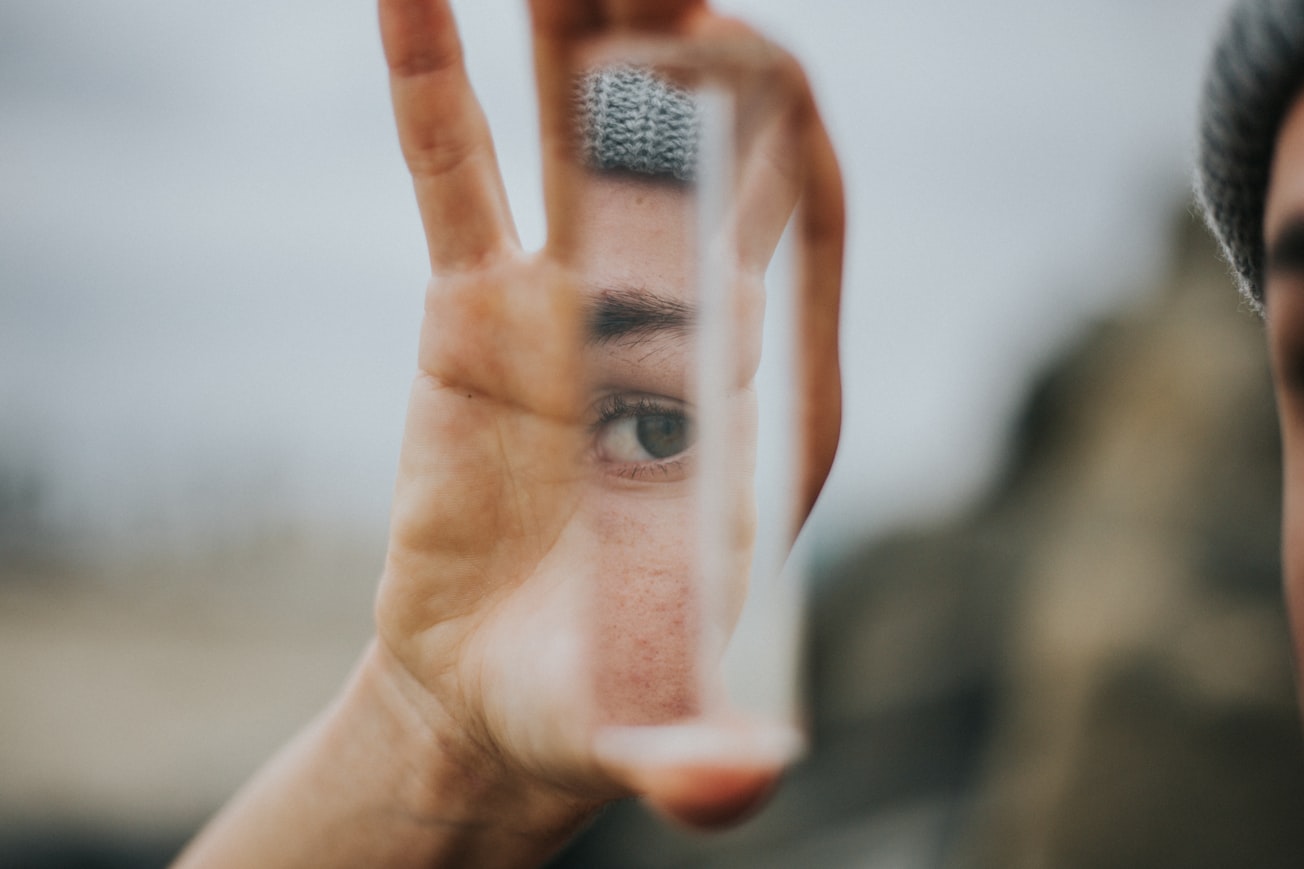What is it about?
The learning process in humans requires continuous contact with environmental stimuli, especially during neurodevelopmental growth. These functions are assisted by the coding potential of mirror neurons to serve social interactions. This ability to learn imitating the observed behavior is no longer necessary during adulthood, and control mechanisms prevent automatic mirroring.
Featured Image

Photo by Vince Fleming on Unsplash
Why is it important?
Children with Gilles de la Tourette syndrome could encounter coding errors at the level of the mirror neurons system as these cortical regions are themselves the ones affected by the syndrome. Combined with impulsivity, the resulting sign would be a manifest echopraxia that persists throughout adulthood, averting these individuals from the appraisal of spot-on motor control.
Perspectives
We may presume that the emotion-related imitations would fade in normally developing children as new experiences do not need to be continuously mirrored once the connections have been established. Instead, children with GTS may show a persistent erroneous process throughout adulthood, which causes codification problems that may further elicit unusual behavioral reactions. This can determine, in these individuals, relevant social impacts.
Dr. M. Briguglio
IRCCS Ospedale Galeazzi - Sant'Ambrogio
Read the Original
This page is a summary of: The Imitation Game in Children With Tourette Syndrome: A Lack of Impulse Control to Mirror Environmental Stimuli, Motor Control, January 2021, Human Kinetics,
DOI: 10.1123/mc.2021-0064.
You can read the full text:
Resources
Contributors
The following have contributed to this page







